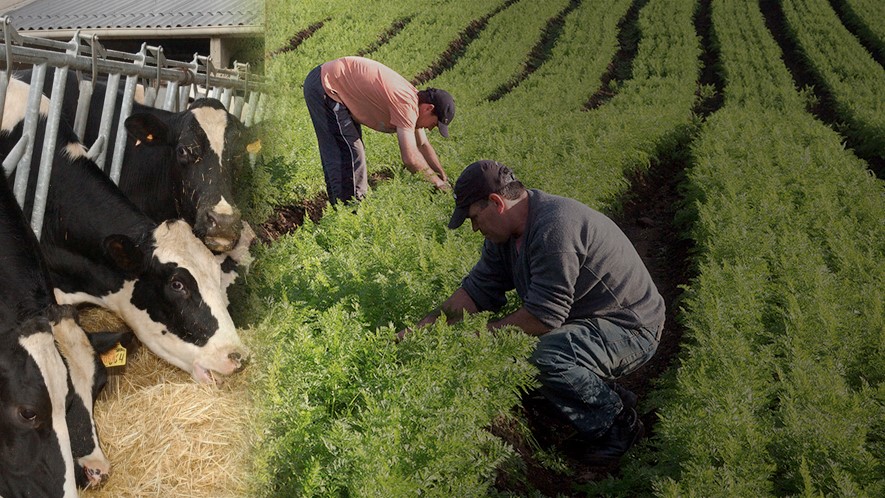
Camagüey, August 4th.- If there's a sector in Cuba that, in the face of climate change and economic tensions, needs innovative contributions, it's the agricultural sector.
This principle is well-defined in Camagüey, where the Provincial Delegation of the Ministry of Agriculture has 6 scientific stations and close alliances with local companies, technical associations, and university centers.
This is confirmed by María Magdalena Artuñedo, head of the Department of Development, Science, and Environment, who highlighted among the current projects the Forest-Livestock-Environment project, which promotes a more natural and efficient way of feeding the cattle herd.
The search for solutions in difficult times is also materialized with the obtaining by the Provincial Directorate of Soils in Camagüey of Fertomil, an organic alternative that helps to improve agricultural yields and replaces imported chemicals.
The effort to translate the application of scientific knowledge into more food for Cubans is also materialized at the Experimental Station of the National Institute of Tropical Root Vegetables, located in Camagüey.
There, engineer Ihosvany Pimentel Cisneros, a specialist in roots and tubers, focuses specifically on the cultivation of sweet potatoes with the introduction of clones resistant to drought and pests.
Meanwhile, the Camagüey's branch of the Institute of Agricultural Engineering Research investigates how, from the more efficient use of water and better soil management, it is possible to mitigate or adapt to the effects of climate change in agriculture.
Likewise, the Agroforestry Station, the Pasture and Forage Station, the Grain Station and other entities demonstrate that with science and social commitment, it is possible to advance towards agricultural resilience. (Radio Reloj) (Photo: Taken from the Internet)